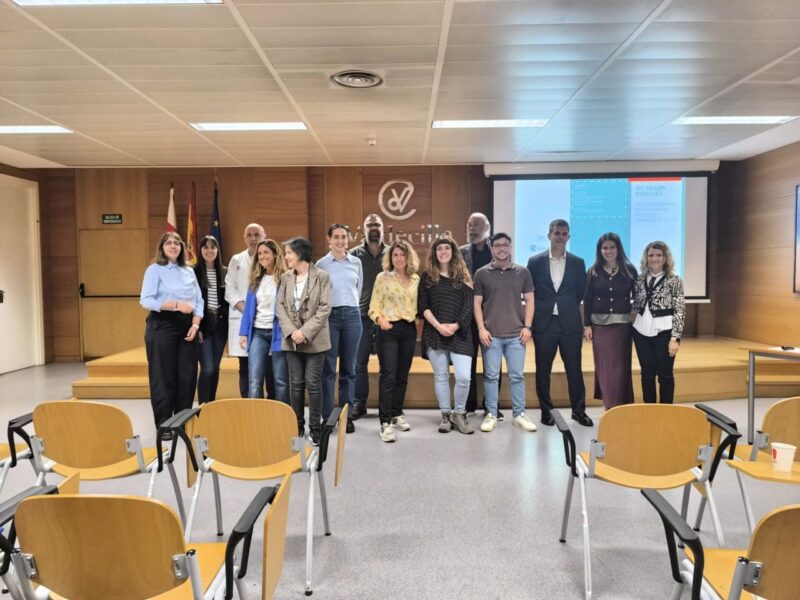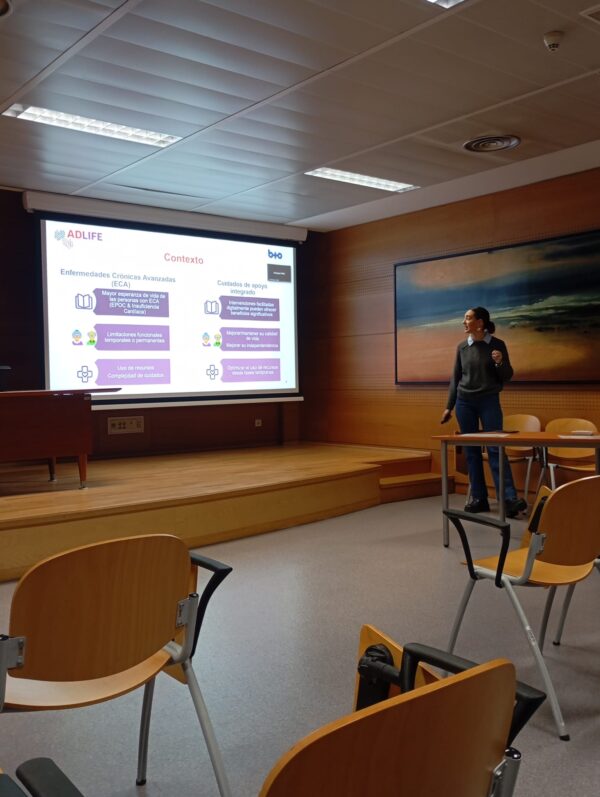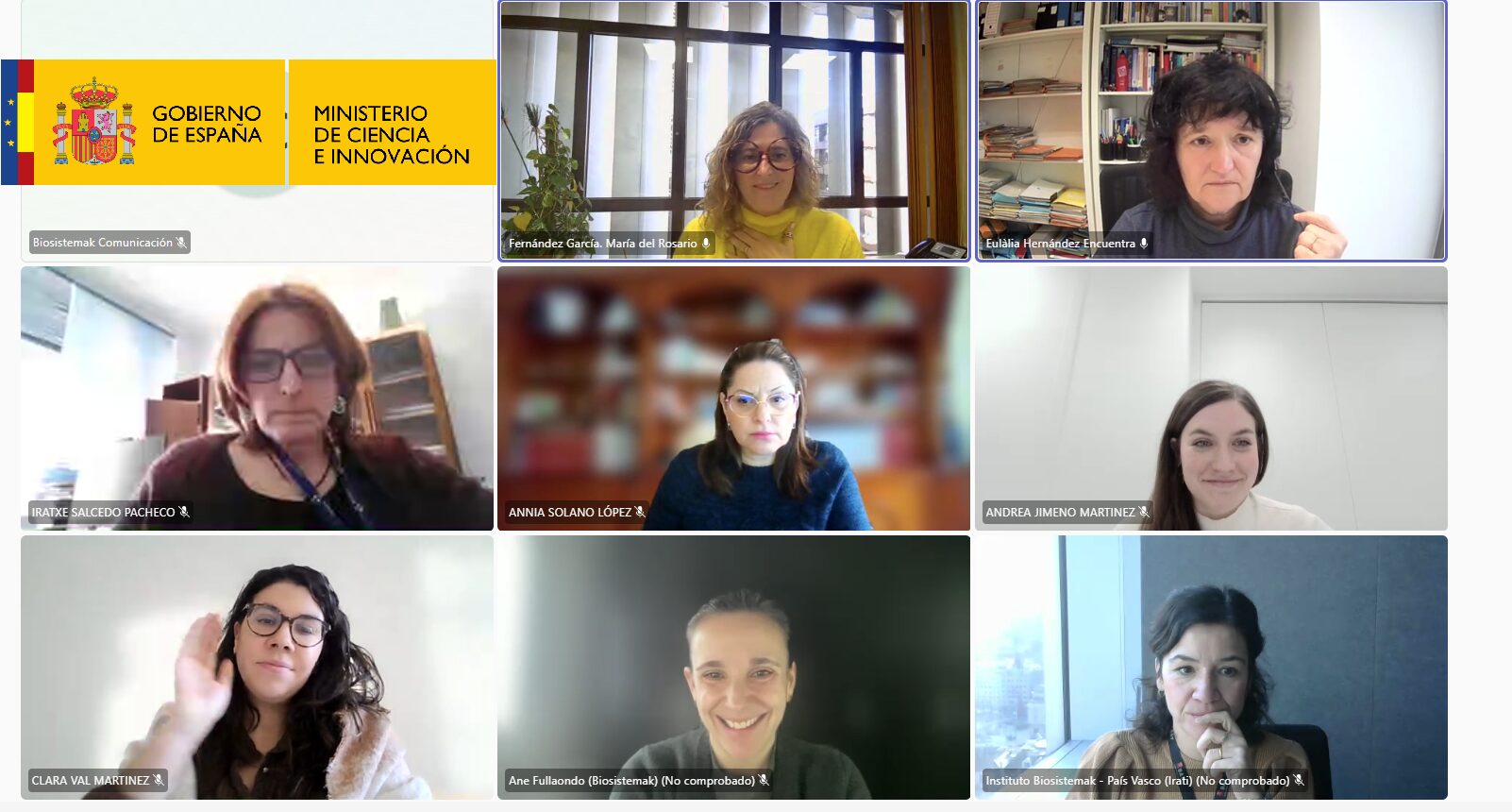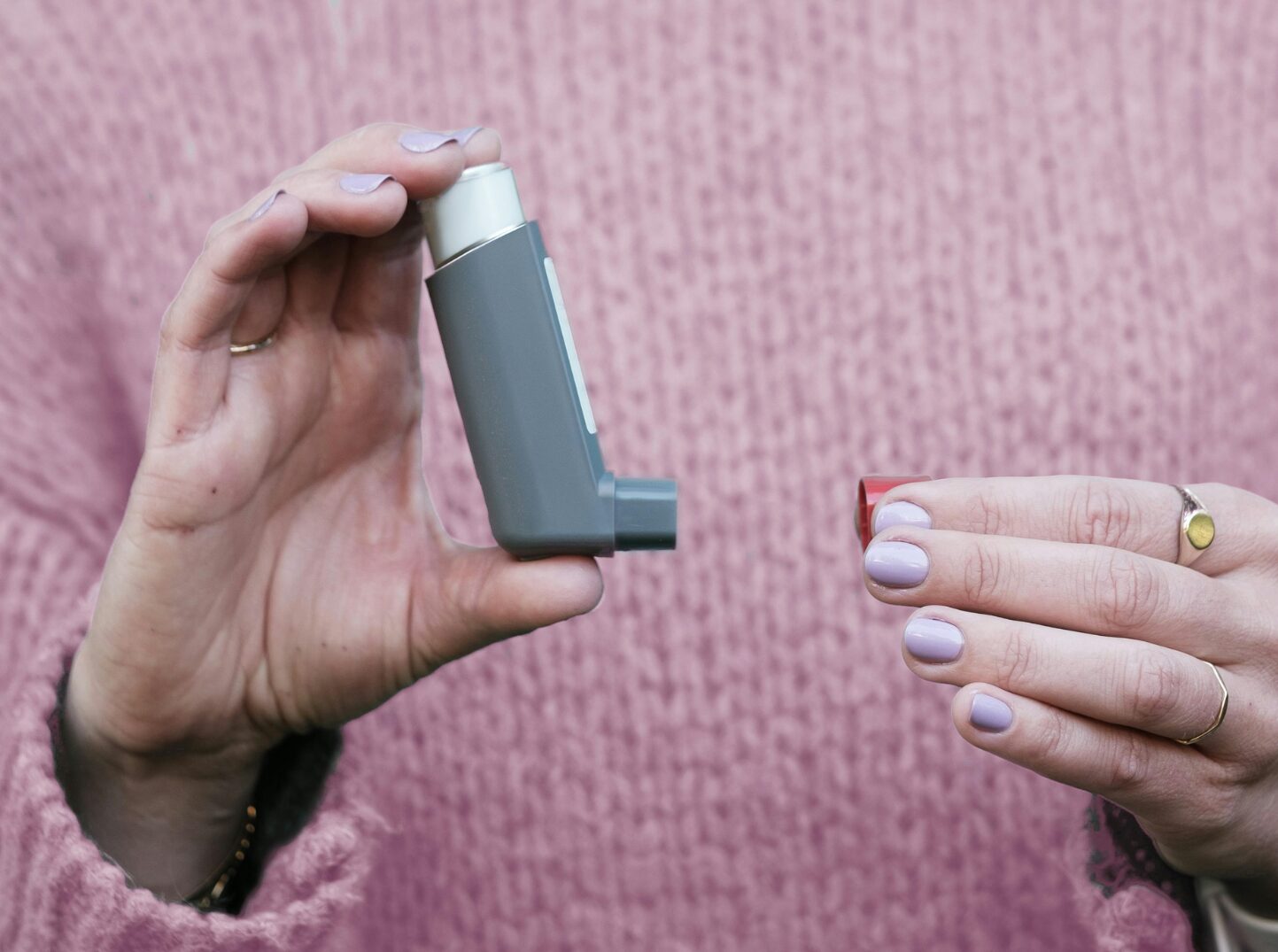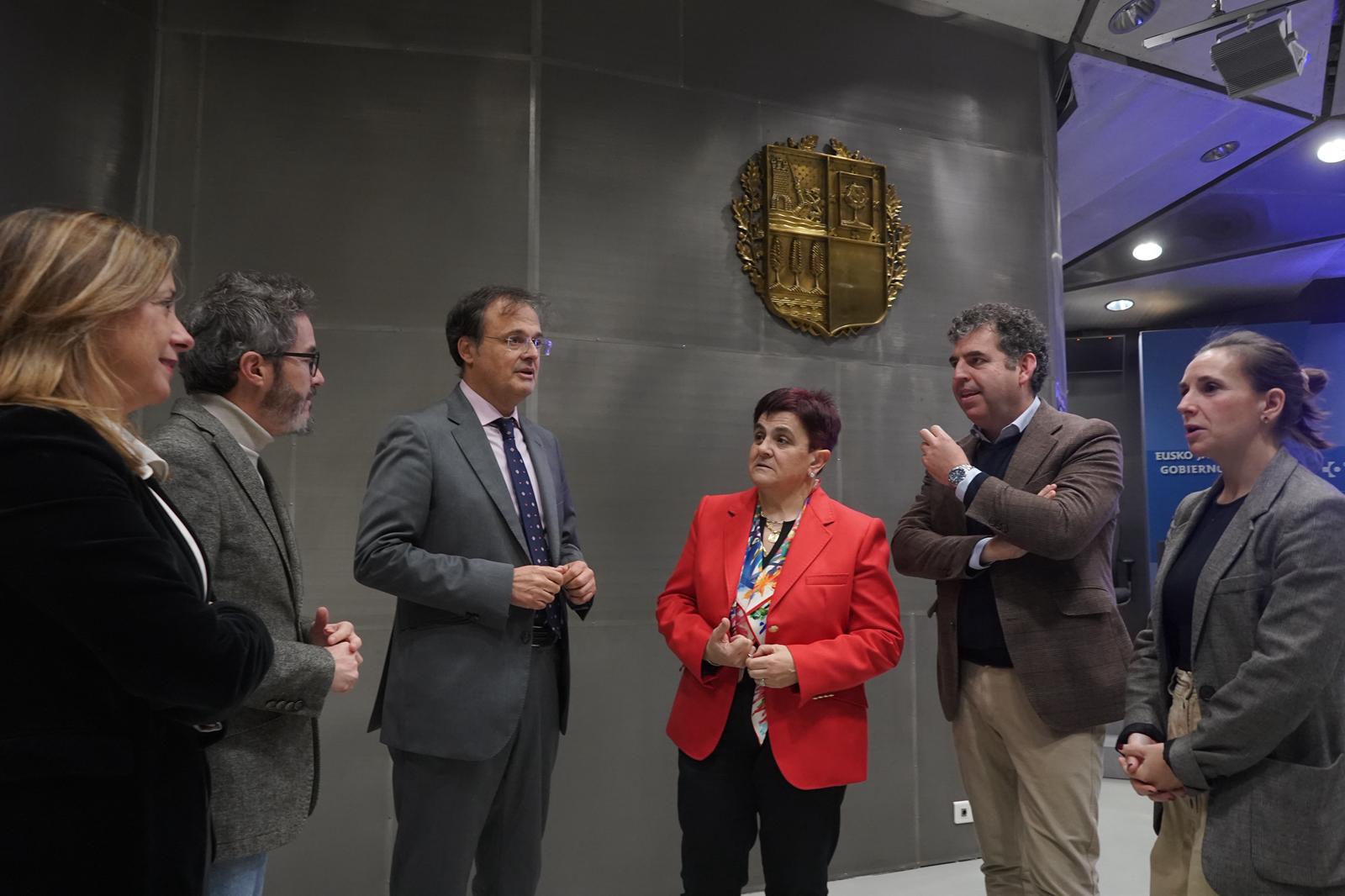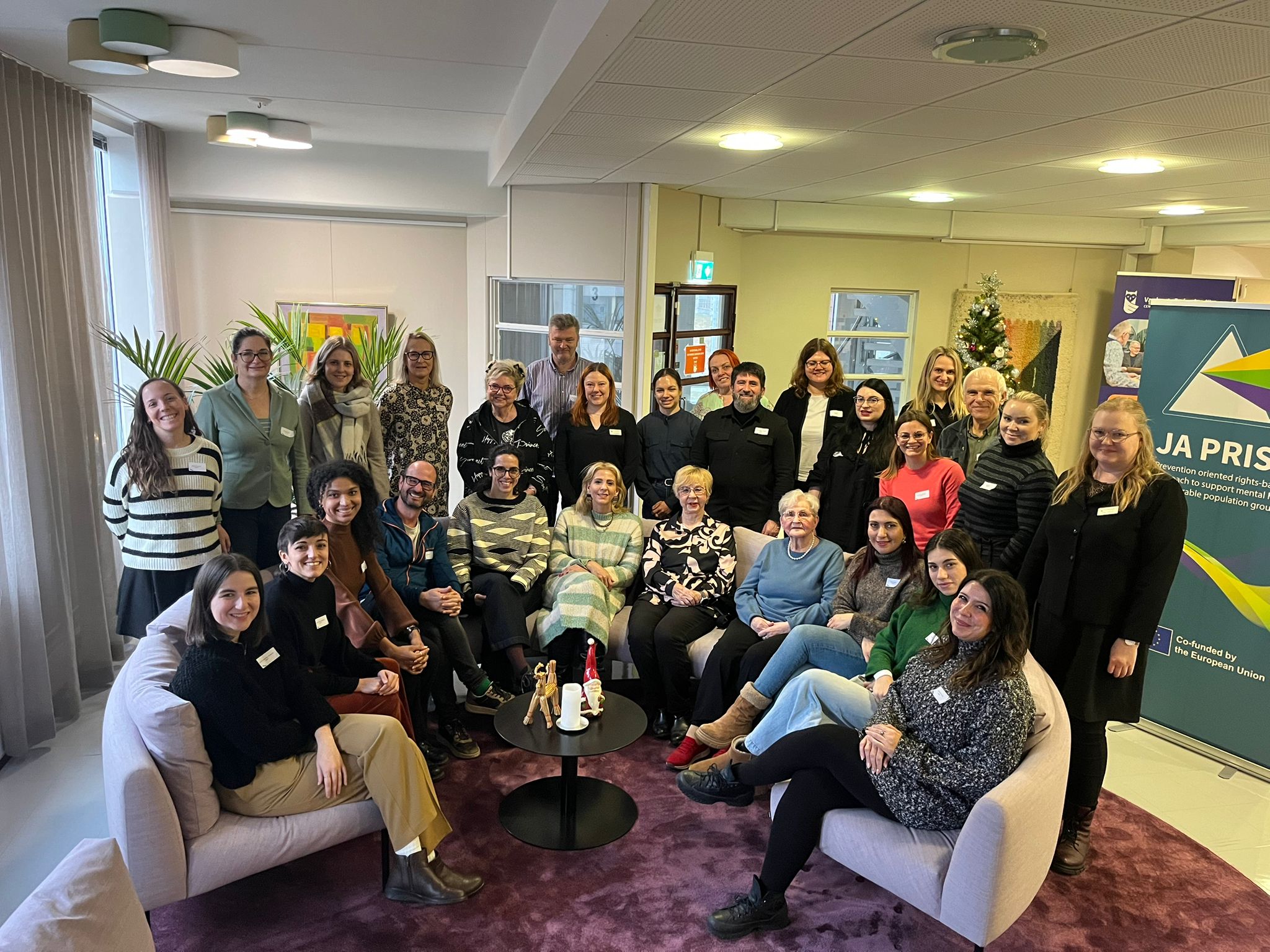14th EvaluAES Workshop: Santander hosts an edition marked by multidisciplinarity
Biosistemak played an active role in the event: coordinating with Borja García-Lorenzo and presenting Adlife’s work, alongside Ania Gorostiza.
On May 9, the Marqués de Valdecilla University Hospital (Santander) hosted the 14th EvaluAES Workshop, an annual meeting for those who research and work in the evaluation of health policies and services. Organized by the EvaluAES Group of the Health Economics Association (AES) and coordinated by Biosistemak, the event brought together 25 professionals from a wide range of backgrounds, including physicists, geographers, psychologists, doctors, and social educators.
This diversity was precisely one of the great strengths of the conference. This was highlighted by Borja García-Lorenzo, group coordinator and researcher at Biosistemak:
“What I would highlight is that there were very different profiles doing health assessment, and I think this is enriching. There was a physicist, a geographer talking to a physicist, a psychologist talking to a social educator… For me, that was the richness of the workshop.”
A format that encourages real exchange
The workshop format, based on the presentation of papers with expert commentators, encourages constructive dialogue and active participation, allowing each presentation to be enriched by the perspectives of other professionals, even from very different disciplines. The friendly and honest atmosphere makes it easier for participants to share both the achievements and difficulties of their research.
Among the papers presented, Ania Gorostiza, a biostatistician at Biosistemak, gave a preview of the quantitative evaluation of the effectiveness of the Adlife project, highlighting the importance of methodological rigor and transparency in the interpretation of results, especially in complex projects that work with data reported by real patients.
Other initiatives were also presented, such as an open tool for linking sociodemographic and health information, developed by the Aragonese Institute of Health Sciences (IACS), and a sex education intervention for young people carried out by the Cantabrian Anti-AIDS Citizens’ Association (ACCAS). This last presentation marked the first time that a social educator and an NGO had participated in the workshop, which generated professional harmony with the commentator, Dr. Carlota las Hayas, PhD in Psychology from the University of Deusto, and they promised to continue working together in the future.
The keynote speech, entitled “The evaluation of health policies in the AIReF: Administrative Mutualism” (keynote speaker), was given by José María Casado, director of the Independent Authority for Fiscal Responsibility (AIRef), a highly topical and socially relevant issue.
Challenges and next steps
The organizing team recognizes that the main challenge for future editions will be to encourage participation and maintain the local and multidisciplinary focus that characterizes the workshop. “This year it has been a challenge to give it a local focus, involve local agents, and maintain the multidisciplinary perspective that has been there from the beginning, but which I believe has been established this year,” says Borja García-Lorenzo.
The next milestone will be the EvaluAES round table at the AES conference in Madrid, June 18-20, which will address important social issues such as gender violence and paternity leave from the perspective of public policy evaluation.
In any case, the 14th EvaluAES Workshop has once again demonstrated that, beyond the numbers, the exchange of experiences and collaboration between different profiles are key to advancing health policy evaluation.
A detailed report on the workshop will be published on July 9 on the AES Blog.

